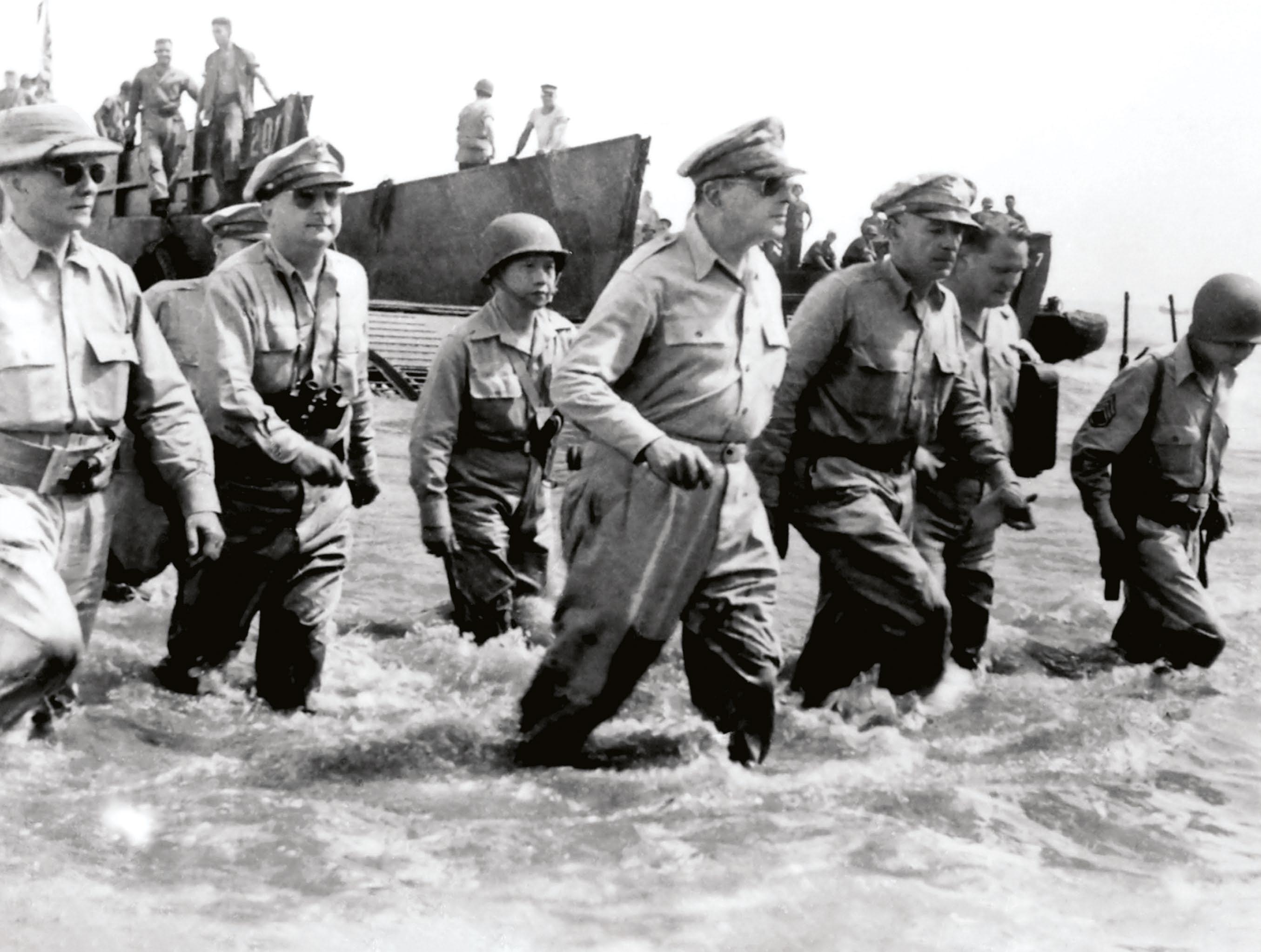
After the last American holdouts on the rocky island of Corregidor surrendered in April 1942 the Philippines had to endure a pitiless Japanese occupation that stretched 40 months. Ending it was a matter of honour and principle for General Douglas MacArthur and his staff, all of them exiled after defeat in the Philippines, and they were raring to go after achieving victory in the South Pacific and the crucial New Guinea archipelago. For three days in late July 1944, a high-level conference in the Hawaiian islands attended by President Franklin D Roosevelt settled the endless deliberations of whether to retake Formosa (now called Taiwan) from the Japanese or rush headlong to the Philippines.
MacArthur's faction prevailed with the reluctant endorsement of Admiral Chester Nimitz, whose staff were strong advocates for taking Formosa given the US Navy's reconstituted fleets and battle-hardened Marines. It was decided the Philippines was far more important - not just because of its emotional significance for MacArthur, who lived much of his adulthood in Manila - but also from a strategic perspective. It was clear that aircraft stationed in the Philippines could range as far as the Singapore Strait and the southern edge of Japan, effectively neutralising the enemy's maritime links. This would starve Japan's industrial base of fuel and raw material, causing shortages that would reduce its capacity to prolong the war.
Denne historien er fra Issue 138-utgaven av History of War.
Start din 7-dagers gratis prøveperiode på Magzter GOLD for å få tilgang til tusenvis av utvalgte premiumhistorier og 9000+ magasiner og aviser.
Allerede abonnent ? Logg på
Denne historien er fra Issue 138-utgaven av History of War.
Start din 7-dagers gratis prøveperiode på Magzter GOLD for å få tilgang til tusenvis av utvalgte premiumhistorier og 9000+ magasiner og aviser.
Allerede abonnent? Logg på
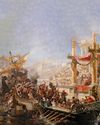
NAUMACHIA TRUTH BEHIND ROME'S GLADIATOR SEA BATTLES
In their quest for evermore novel and bloody entertainment, the Romans staged enormous naval fights on artificial lakes
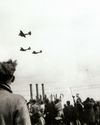
OPERATION MANNA
In late April 1945, millions of Dutch civilians were starving as Nazi retribution for the failed Operation Market Garden cut off supplies. eet as In response, Allied bombers launched a risky mission to air-drop food
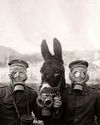
GASSING HITLER
Just a month before the end of WWI, the future Fuhrer was blinded by a British shell and invalided away from the frontline. Over a century later, has the artillery brigade that launched the fateful attack finally been identified?
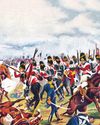
SALAMANCA
After years of largely defensive campaigning, Lieutenant General Arthur Wellesley went on the offensive against a French invasion of Andalusia
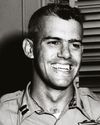
HUMBERT 'ROCKY'VERSACE
Early in the Vietnam War, a dedicated US Special Forces officer defied his merciless Viet Cong captors and inspired his fellow POWs to survive

LEYTE 1944 SINKING THE RISING SUN
One of the more difficult island campaigns in WWII's Pacific Theatre saw a brutal months-long fight that exhausted Japan’s military strength
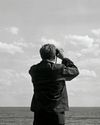
MAD DAWN
How technology transformed strategic thinking and military doctrine from the Cold War to the current day
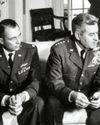
BRUSHES WITH ARMAGEDDON
Humanity came close to self-annihilation with the Cuban Missile Crisis, Broken Arrows’ and other nuclear near misses
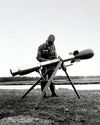
THE DEADLY RACE
How the road to peace led to an arms contest between the USA and USSR, with prototypes, proliferation and the world’s biggest bomb
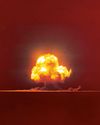
THE MANHATTAN PROJECT
Einstein, Oppenheimer and the race to beat Hitler to the bomb. How a science project in the desert helped win a war